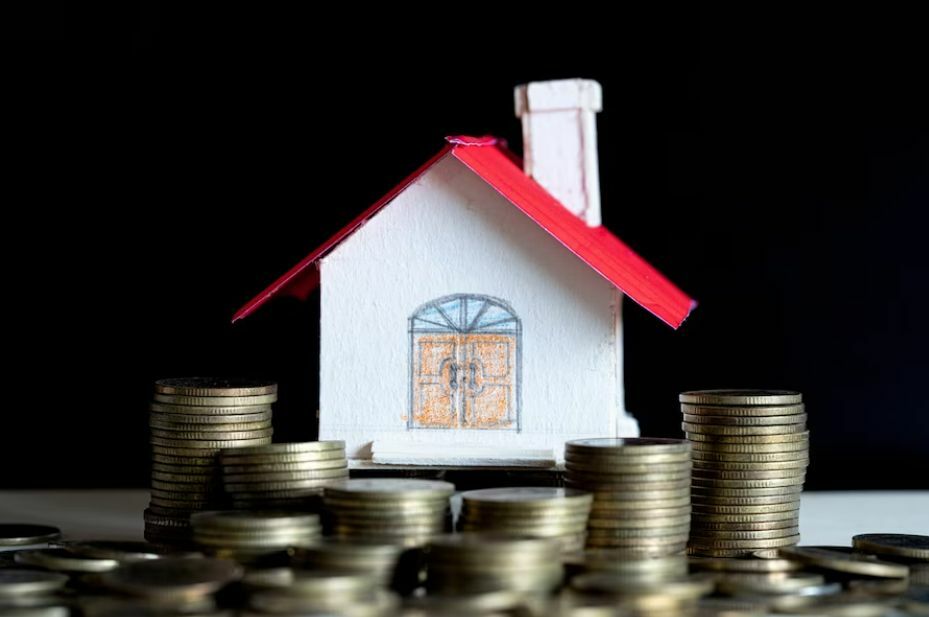Household debt hits 15 year high amid uncertain economic outlook in Thailand

A recent survey by the University of the Thai Chamber of Commerce (UTCC) indicated an 11.5% increase in household debt from last year, marking this year as having the highest rate of debt in 15 years. The concern weighs heavily on economic recovery predictions suggesting a further increase if the economy does not bounce back in the upcoming year.
UTCC President, Thanavath Phonvichai, unveiled the concerning trend and detected a recurring pattern of families struggling with expenses surpassing their income. He attributes this situation to a chain reaction of economic challenges that have plagued Thailand, originating from the China-US trade war and further magnified by the pandemic repercussions, amplifying household debt.
He said…
“The impact of the trade war led to a downturn in exports, affecting various sectors, including workers in the agricultural and industrial sectors. The pandemic further aggravated the situation, with nationwide shutdowns before a slow recovery in tourism in the previous year. Hence, it is not surprising that the economy has yet to fully recover.”
The coming year’s export outlook, according to Thanavath, aligns with a globally limp pace, pressuring tourism to carry the weight of recovery. However, he noted some light on the horizon for farmers with an uptick in crop prices, signifying a variable growth pattern for the economy or a ‘K-shape’ recovery.
However, despite these slight recovery signs, Thanavath worried that the household debt issue remains largely unaddressed. He said…
“Many households find their incomes insufficient to cover expenses, resulting in reduced savings and an inability to save money. This situation has persisted since 2020 and continues to the present.”
The average data reveals household debt standing at 559,408 baht, an 11.5% rise from last year. A more detailed analysis shows 80% of this debt is tied within the formal financial structure, while informal debt makes up the remaining 20%. Several factors contribute to this debt dilemma, including poor financial discipline, insufficient income, poor investment management, and lack of financial knowledge, reported Bangkok Post.
Thanavath tried to address these concerns by constructing a balanced view to minimize panic. He said…
“Although the current household debt may touch up to 90% of GDP, higher predicted GDP, recovery signs, a reduced willingness to accumulate more debt, and an increase in formal debt should prevent this from becoming a severe economic risk. The issue is more individual than national.”
Meanwhile, proactive measures are underway as the Bank of Thailand collaborates with financial institutions to uncover practical solutions towards rising household debt. Thanavath remains hopeful. He said…
“There are predictions of a reduction in household debt, potentially down to around 80% of GDP.”
Finally, Thanavath expresses concern for household debt levels this year, reflecting the heaviest burden in 15 years.
“Household debt will likely peak in 2024 since the economic outlook is uncertain, especially with the delay in setting up a new government. This could lead to a ‘loss year’ in the coming year if stimulus measures are not effectively implemented in the fourth quarter and the following half of the year.”
Latest Thailand News
Follow The Thaiger on Google News:


























